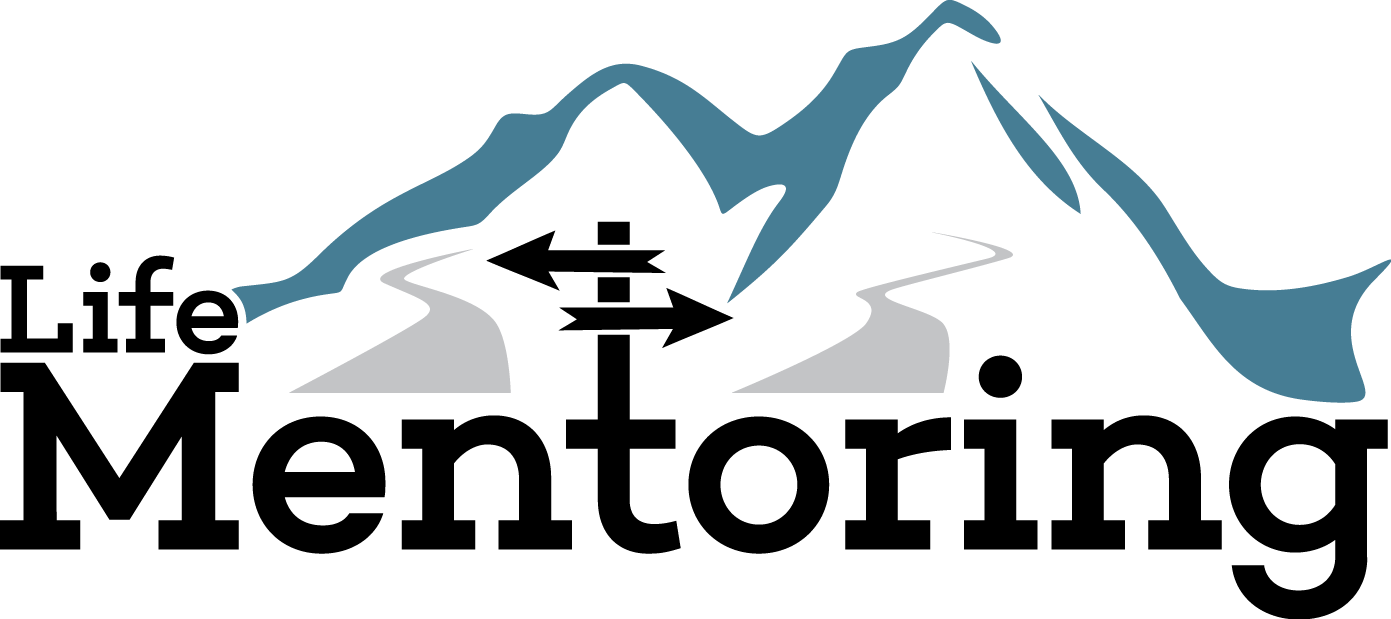How often have you being at a meeting when one or more of the people attending have been distracted by their phone? How many times have you walked away from a conversation knowing all about the other person but certain that they know nothing about you?
How does this make you feel?
Yes you can ignore it, yes you can avoid that person in future but it’s still an annoyance.
So what’s going on in these and many similar situations? I believe it’s a matter of presence or should I say the absence of presence.
The opposite of course is a huge pleasure in life. Spending time with people who show a real interest in you and who make you feel important.
Being fully present is not always easy. Particularly when it’s patently obvious that those you are with are far from present.
So how do we remain present and make people feel good in our company?
Here are my top tips for remaining present:
- Understand that it is important to be both interested and interesting.
- Avoid all external distractions, phone, non-related activities and going off on tangents.
- Ask good quality questions.
- Ask good quality supplementary questions (as opposed to using initial questions as a lead in to more of your ‘stuff’).
- Occasionally ‘check in’ with questions such as, “is this conversation working for you?” or “is everyone getting value from this meeting/conversation?”.
- Be self aware enough to ask yourself the regular question: “am I fully present?”.
In the world of mentoring, presence is a hugely important topic. As a mentor you will have stories and experiences that you want to share. At the right time these could all be useful for your mentee.
The trick however is to remain present so that you can correctly evaluate the needs of the mentee. This is why paradoxically, coaching skills are vital for the mentoring process. Whilst your knowledge and experience are key to the mentoring process, they are only valuable in a context and at a time that makes sense to your mentee.
Remaining interested in the situation that faces your mentee and closing off your natural tendency to quickly offer solutions or fix things, is the hardest task for most mentors.
Become aware, test how present you really are and learn to value presence itself as a rare and valuable commodity.

Pingback: Maria Smith()